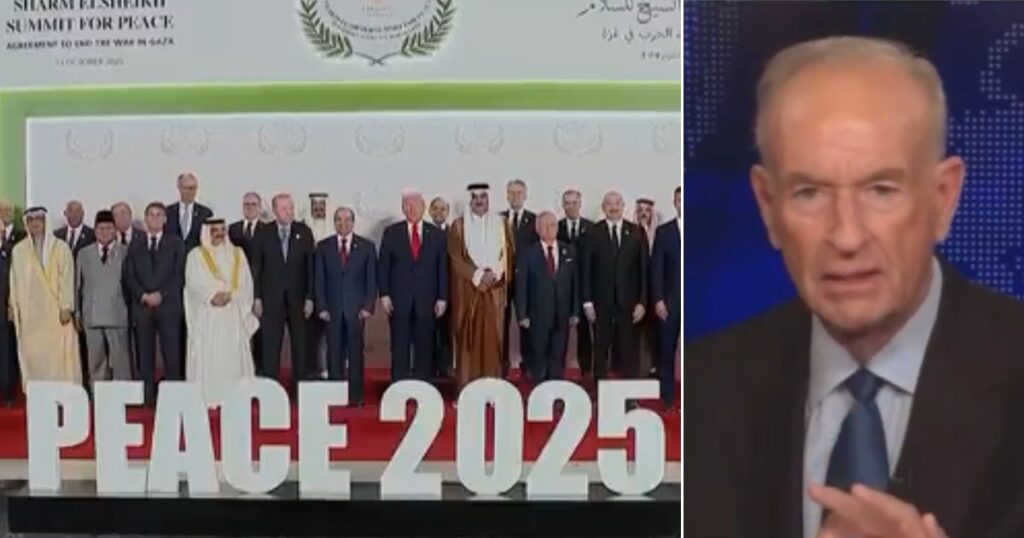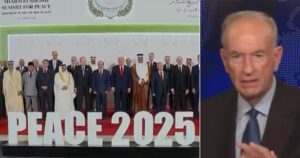International Republican Institute Condemns China’s Religious Crackdown
In recent years, the Chinese Communist Party (CCP) has ramped up its oppressive measures against religious groups, revealing a deep-seated conflict between the Party’s authoritarian ideology and the fundamental tenets of faith. As highlighted in a recent report from the International Republican Institute (IRI), the CCP’s crackdown on religion has reached alarming levels, targeting Christians, Muslims, Buddhists, and other believers.
The foundation of faith in religions such as Christianity is rooted in the belief of a higher power—something that directly contradicts the CCP’s assertion of supremacy over all aspects of life, including spirituality. The Chinese constitution claims to protect religious practices, yet in reality, this freedom is contingent upon what the state designates as “national security.” With a definition so broad, even simple acts of worship can lead to severe repercussions.
The Escalation of Repression
As China’s economy faces challenges and trade tensions with the United States escalate, the CCP has intensified its ideological grip, tightening the noose on religious freedom. On September 30, 2025, a coalition of human rights organizations gathered in Washington, D.C., to address what many are calling a systematic assault on faith communities in China. The IRI’s conference, “Faith Under Siege: Confronting Religious Persecution and Oppression in China,” brought together experts and survivors to shed light on the dire situation.
In their joint statement, the coalition condemned the CCP as the world’s largest perpetrator of religious persecution. The statement outlined a historical trajectory of oppression, from Mao Zedong’s purges to Xi Jinping’s high-tech surveillance regime. Notably, Open Doors International’s World Watch List 2025 ranked China 15th globally for Christian persecution, assigning it a score indicative of extreme repression.
A Culture of Fear and Surveillance
Approximately 96.7 million Christians reside in China, yet the Party’s disdain for competing belief systems manifests in draconian measures. Universities and Party institutions distribute propaganda such as “The Principles of Scientific Atheism” to promote an atheistic worldview that aligns with Communist values.
Under Xi Jinping, the regime has adopted aggressive policies to suppress any potential threats to its authority. The Ethnic Unity Law grants local authorities sweeping powers to enforce ideological conformity in multi-ethnic regions, facilitating forced assimilation and the eradication of religious diversity.
Reports from 2024 indicate a significant uptick in anti-Christian initiatives, with thousands of incidents of repression, including raids on house churches, detentions, and severe prison sentences for believers. For instance, over 200 Christians were detained during a raid on a house church in Heilongjiang Province, while several pastors received lengthy prison sentences for minor infractions like distributing Bibles.
The Impact on Religious Communities
Bitter Winter, a media outlet focused on religious persecution, reported that in 2024 alone, there were more than 56,000 anti-xie jiao operations—targeting independent religious groups—impacting over 17 million citizens. The government has also turned to economic justifications for arrests, branding pastors as criminals under vague charges like “illegal business operations.”
The atmosphere of fear has led to the closure of thousands of churches and the surveillance of religious sites through the installation of high-tech cameras. Many Christians are forced to worship in secret, relying on underground congregations to access uncensored religious texts and maintain their faith.
Conclusion
As the CCP grapples with its failing promises of economic prosperity and societal stability, its increasing repression of religious freedoms reveals the regime’s fundamental insecurity. By stifling faith, the Party aims to maintain control over the populace, even as it alienates millions seeking spiritual solace in a tumultuous world. The International Republican Institute’s condemnation of these actions shines a light on the urgent need for global awareness and advocacy for the persecuted in China.








